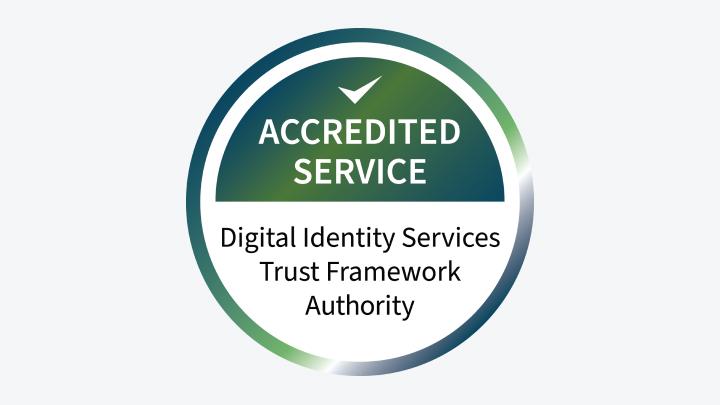New Zealand’s Trust Framework Authority has begun work. It is the regulator of accredited digital identity services and will issue an “accreditation mark” to providers who meet and maintain government-mandated standards.
There are currently no accredited providers, but later this year, the Authority will begin assessing those who apply. Accreditation is not compulsory.





